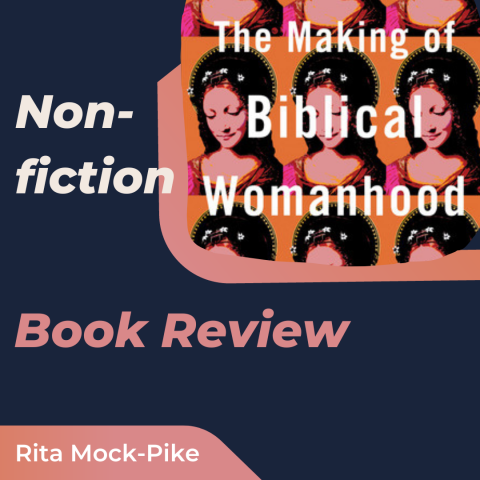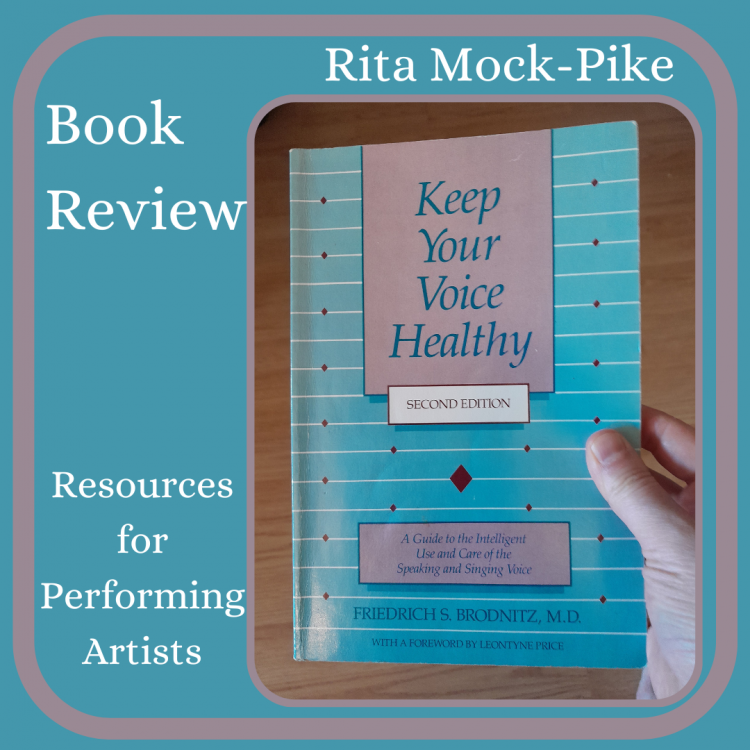The Making of Biblical Womanhood: A MockingOwl Review

Book cover image from Baker Publishing Group
Attending classes at women-affirming theological seminary has been an incredibly impactful part of my adult life these past few years. I first began with some missiology classes during the pandemic and have since expanded into pursuing my Master of Arts in Christian Ministry.
This past year, I took two classes that required use of a 2021 published book by Beth Allison Barr, The Making of Biblical Womanhood. One class was “Women, the Bible, and the Church,” and another was an entry-level theology class (grad level, that is) and both approached Scripture from a non patriarchal viewpoint).
Before I begin my review, I think a little history of my theological background could be helpful.
A Little History
I grew up in the patriarchy (really, pretty much anyone reading this has – America, Europe, much of Asia, much of Africa, much of South America, Oceania – also steeped in the patriarchy and has for as long as we’re aware of!). Baptist and Sovereign Grace churches were where I grew up. White-centric, man-centric organizations leaning into the far right viewpoint.
In 2017, I first began exploring a breakaway from these far more conservative churches and culture groups when I started to truly understand how unhealthy these groups were – much hatred had been spewed over me in the years prior, and I was finally in a healthy enough place that I was not only desiring to leave, but ready to.
In 2018, I began attending a church with a woman pastor, despite not fully being “on board” with that doctrinal shift yet. Then, last year during my first or second week of classes in person on campus in Chicago, I was helping my husband find some books in the academic library.
I turned around and came across a section that began a harder shift in my life, for which I am ever grateful: several shelves of academic books written on the ancient women of Biblical and early Church eras who led, taught, and preached the Gospel of Christ and the Good News of salvation in God’s love.
Growing up, and attending Moody Bible Institute for my undergrad years, I had heard a couple of the names, but almost none of those on these shelves. At that moment, a light bulb came on so hard that it shattered into a million shards. I had been lied to my whole life by leaders in the conservative churches I had attended.
Women have a place in God’s work, not as pastors wives and single missionaries and kids’ leaders. We have a place in God’s work as anything we feel a calling and desire for, including pastoring, preaching, teaching, writing, theological studies, and more.
I had never bought into the only possible role for me being a pastor’s wife (I in fact refused this role on several occasions when pastors wanted to marry me and “tame” me), but knew I was called into missiological work from my early childhood. I just didn’t know how.
This brings us now to The Making of Biblical Womanhood. I now know, even if not in great detail, that I am more qualified and equipped than I ever thought possible in my “previous life” as a good little Baptist girl and theater ministry director.
The Review
While not everyone needs the kinds of revelations I needed as they read this book from Beth Allison Barr, The Making of Biblical Womanhood is a read I would love to recommend to anyone with a willingness to see the world from a different perspective than the far right.
Even if you disagree with the premise that women can be pastors, I still think it would make for a valuable read. You do need to be willing to hear what the author has to say, however. I have read several other reviews (such as those on the Gospel Coalition website and other conservative pages) that have approached the book with what appears to be the intent to disagree.
The Making of Biblical Womanhood was a life-changing, life-affirming, ministry-restoring, joy-filling book for me to read. Nearly every affirming thought and theological depth in the book helped to restore hope to my healing soul.
There are many other abuses, neglects, and harms I could lament that were covered with some balm from this book by Beth Allison Barr, but I won’t. Chances are, if you’re still reading this, you’ve been there too, and know exactly what I’m talking about.
Each paragraph builds on the previous, with historical documentation, personal accounts, theological insights, and other valuable, academically sound information that helps bring into focus the message of this book. And all of the components included by Barr help to make the work not merely an academic piece, but one of personal empowerment.
I opt not to go into more detail on the book because I really couldn’t say it better than Barr has and think you’d glean much more through reading the book yourself.
Conclusion
Whether you’re a Christ-follower or not, I think reading this book could be a valuable choice for you. The reason being that as Christ-followers, it’s important to shed the historical abuses of women, People of Color, and the many other people who have been marginalized over the millennia.
For non-Christ-followers, I think you’d see more of the intent of the Good News that we compassionate and loving Christ-followers actually hold to, not the bastardized white-supremacist beliefs so often found in the news.
Looking for more great books to read? Check out other reviews from the MockingOwl Roost for your next find.
- What Loss Can Teach Us
- If God is Love, Don’t Be a Jerk
- We’re Not Broken: Changing the Autism Conversation
- The Yoga Prescription
- My Grandmother’s Hands
- This Here Flesh
- 26.2 Life Lessons
Editor-in-Chief of The MockingOwl Roost, Rita Mock-Pike is the granddaughter of aviatrix, Jerrie Mock, first woman to pilot an airplane solo around the world. Rita has found inspiration from her grandmother’s life and flight and pursued many of her own dreams in theatre, podcasting, novel writing, and cooking up delicious food from around the world. She now writes on food, travel, pets, faith, and the arts. She’s happily married to Matt, and faithfully serves the very fluffy kitten queen, Lady Stardust.





2 Comments
[…] The Making of Biblical Womanhood […]
[…] The Making of Biblical Womanhood […]